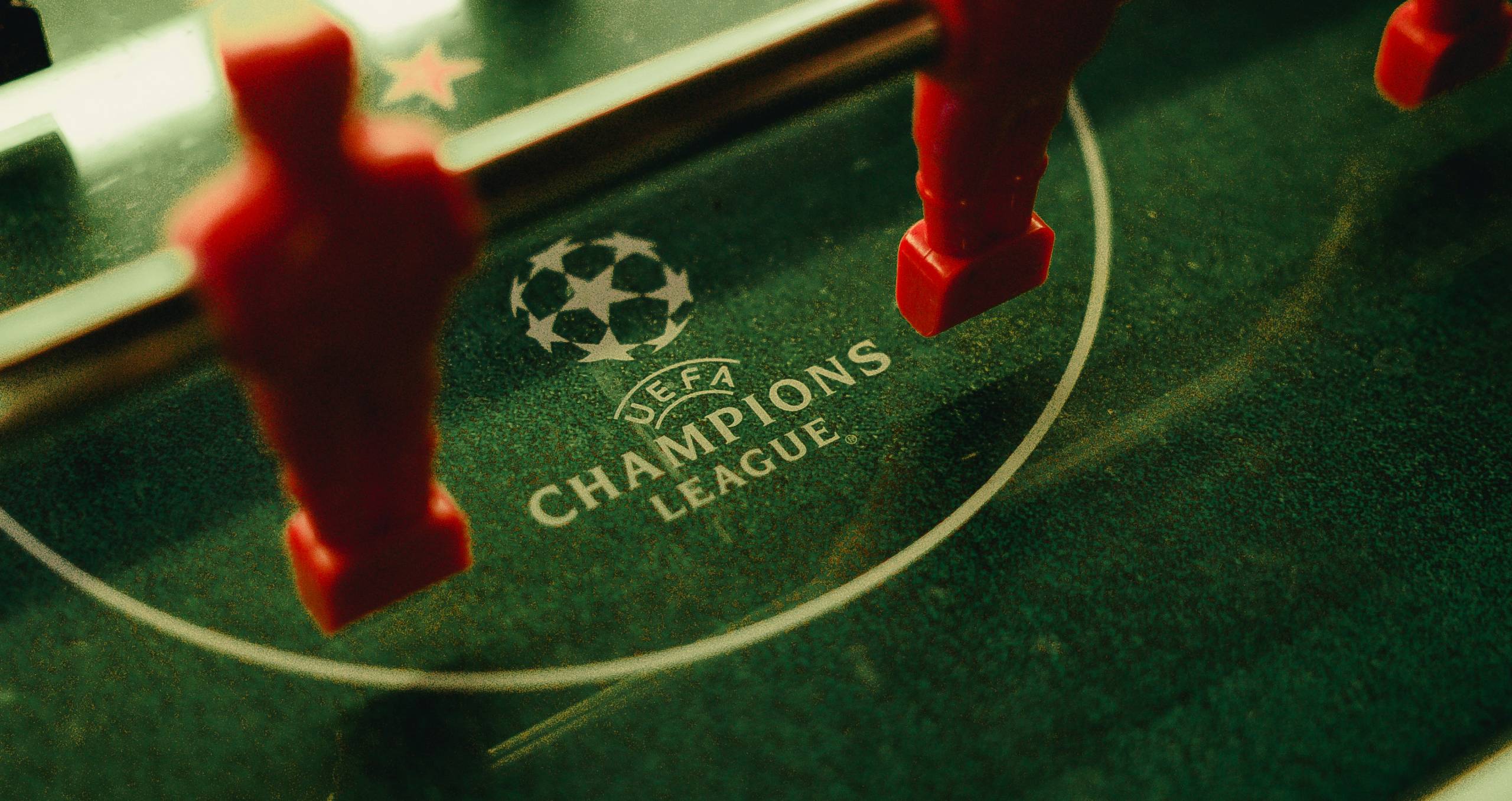There are moments in the sporting calendar that transcend the purely sporting, and the Champions League final is undoubtedly one of them. This match is not only the great event of European football: it is a global spectacle that brings together millions of people in front of a screen, from any corner of the world.
For brands, being part of this event is much more than achieving visibility: it is a unique opportunity to connect emotionally with the public, reinforce their brand image and obtain a return on investment that is difficult to match. That is why every year new campaigns emerge that seek to leave a mark in the memory of the spectators.
What kind of audience does it reach?
What’s interesting is that it doesn’t just reach the regular football audience. It is also followed by the more casual spectator who joins family gatherings or events with friends, which broadens the reach even further. Brands such as Heineken, Pepsi or Mastercard have taken advantage of this opportunity, not only as official sponsors, but also by creating parallel experiences that reinforce their link with the event.
Partnering with universal values
Sport, and football in particular, transmits powerful values: passion, effort, self-improvement, teamwork. Brands that join the Champions League not only gain visibility, but also see themselves reflected in these values, reinforcing their image to an audience looking for connection and inspiration.
It is no coincidence that companies such as Adidas or Nissan invest millions of dollars in this scenario. The case of Heineken is particularly representative: its link with the Champions League is so strong that it is already part of the collective imagination, it is associated almost automatically.
Activations that leave their mark
A well-planned sponsorship goes far beyond displaying a logo during the match or placing a banner in the stadium. Brands have the opportunity to create memorable experiences that truly connect with the public.
From sweepstakes with exclusive experiences to street actions, it all adds up. In 2019, for example, Pepsi organised concerts in Puerta del Sol; and Mastercard took the excitement of football to another level, allowing fans to take a penalty kick thanks to virtual reality. These are examples of how a good activation can stay in the memory long after the final whistle.
Exclusive positioning
Being part of an event such as the Champions League final involves a considerable investment, something that not all brands can afford. This barrier to entry reinforces its exclusive nature, positioning those who are part of it as benchmarks in their sector.
In addition, this type of sponsorship opens the door to strategic alliances with other major brands, also reinforcing its weight in the B2B market.
Gaining visibility and reaching further
The impact of this event goes far beyond football. It is a global platform that allows brands to reach new markets, connect with diverse profiles and increase their visibility exponentially. In a single move, they achieve visibility that would otherwise take years to achieve.
A strategic bet
Sponsoring the Champions League final is not just a marketing action: it is a strategic move that combines global visibility, emotional positioning and differentiation from the competition. In an environment where capturing consumer attention is increasingly complex, being present at one of the biggest spectacles in European sport can make a difference. And it often does.



